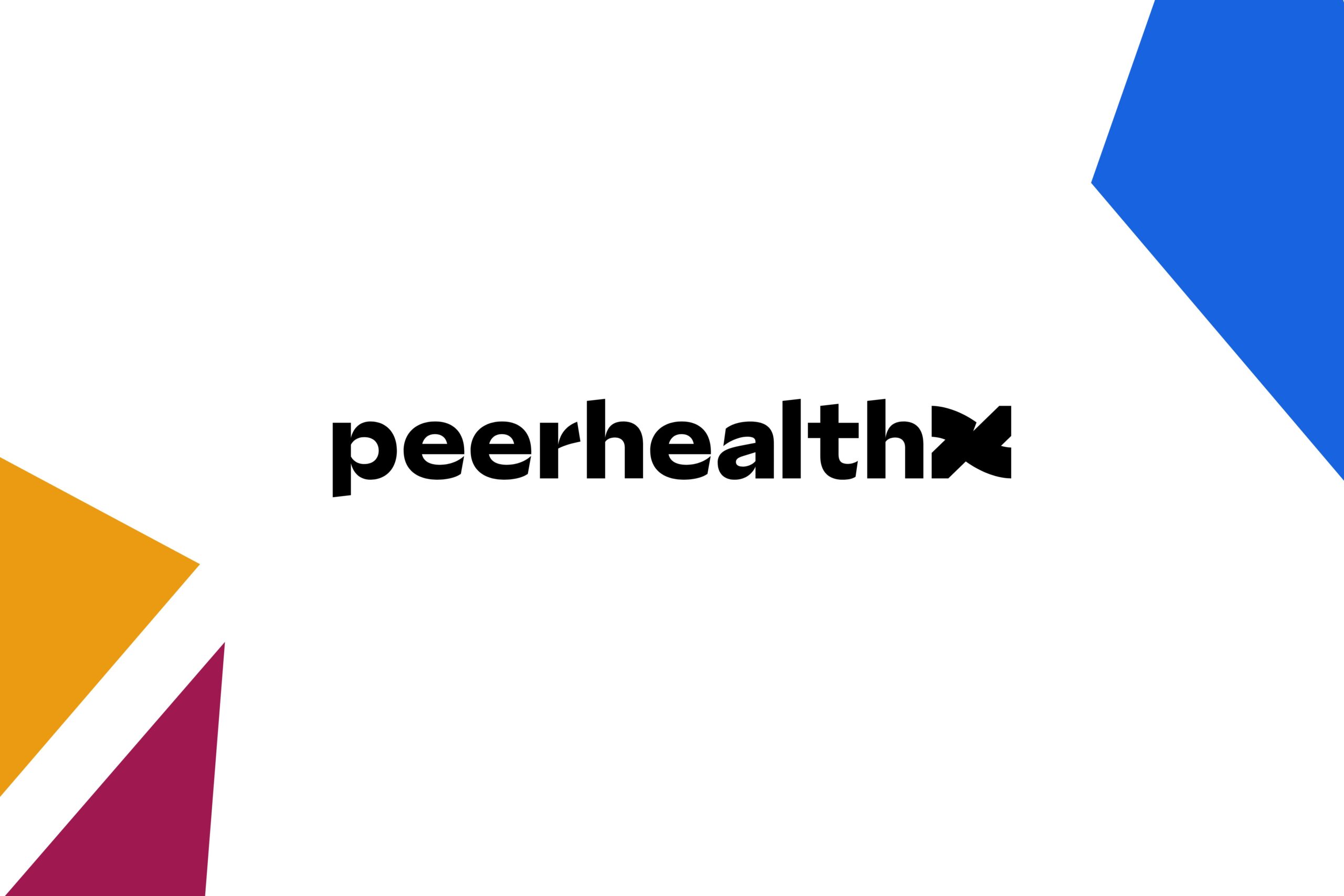
Are You Ready to “Walk the Talk” with Equitable Talent Management?
In her recent webinar series, Edgility Associate Partner, Travonnie Mackey alongside Sr. Talent Equity Consultant Kevin Ramirez, tackled three major challenges for employers; merit pay, bonus culture, and promotions. She shared several tactics leaders can employ when updating their programs, however, one aspect that is consistent across these tasks is that this work should be grounded in equity. For those of you asking why, it’s because, at its core, compensation, and job promotion is an equity challenge. As many have said before, our nation’s business practices are embedded in white supremacy culture, and because of this, equitable talent management practices are not always easy to incorporate.
Today, most social impact organizations have started their initial forays into DEI by stating their values and adjusting their systems. However, that doesn’t mean the work is complete. Creating an equitable workplace is a journey that requires leaders and teams who take on this work to be prepared to explore their systems and who and how they affect with an empathetic and critical eye. This may require internal work on the part of leadership; something we can support you with. In other words, it might be time for leaders to prepare themselves to, “Walk the Talk.”
Walking the Talk with Merit Pay:
Travonnie kicked off her equitable talent management series with ‘merit pay.’ A common ladder within most compensation structures, it is often overlooked as other opportunities for employee recognition become more popular in favor of more cost-efficient methods. However, auditing your merit pay structure is integral to employee satisfaction and retention. Companies that disregard their compensation structure are more likely to have unhappy employees, which can lead to a host of problems including high turnover and a loss of revenue.
Recently, a common question has emerged among our clients as they refine their perspectives on performance evaluation and its alignment with compensation. How do they start this process and how can they ensure that it’s equitable?
If you’re like them and you’re ready to take on Merit Pay, here are 3 steps you need to take:
- Learn the key indicators in your evaluation system that can be linked to pay
- Understand how to connect the dots to behaviors you want to incentivize
- Explore the benefits and tradeoffs of various performance pay scenarios
Ready to learn more? Check out Travonnie’s webinar recording to learn about adopting or updating merit pay programs.
Walking the Talk with Bonus Culture:
The landscape of organizational incentives has prompted many to assess their approach to bonuses. Amidst the uncertainty, it’s essential to delve into the fundamental considerations that underpin such a strategy and to determine whether it harmonizes with your organization’s values and goals. Critical to this evaluation is a thorough introspection into your existing philosophy on rewards and recognition.
- Expert Advice: We encourage you to assess your entire talent management program so that you know exactly where to start. Edgility can help you get started with our 90-minute assessment, or for companies looking for deeper answers, check out our full Talent Equity Assessment.
Occasionally, non-monetary recognition mechanisms can be equally if not more effective in boosting morale, fostering a sense of belonging, and promoting employee engagement. However, they should not be the only ways outstanding employees are recognized. By implementing systems that celebrate outstanding performance, organizations can tap into a more holistic and impactful approach.
A few key steps to consider are:
- Engage and train your managers. Managers play a pivotal role in disseminating recognition and feedback to their teams.
- Create and maintain a company culture where recognition is a shared responsibility that enhances its authenticity and ultimately makes it an integral part of day-to-day operations.
Leaders and HR team members, we encourage you to review the webinar recording for more insight into how you can reevaluate your organization’s bonus culture to align it with your core principles, discover alternative avenues for employee recognition, and mobilize managerial support to foster a more rewarding and motivating work environment. And when you’re ready to get started on your equitable talent management journey, reach out to us for more support!
Walking the Talk with Promotions:
The challenge of retaining high-performing employees can become particularly difficult when the opportunities for lateral or upward movement within the organization are limited. Leaders are well aware of the significance of retaining top talent, yet finding avenues for growth and development can appear elusive in such circumstances.
A pivotal question arises: how can leaders remain steadfast in their commitment to learning, advancement, and continuous improvement when traditional title shifts aren’t always accessible? The answer might not be straightforward, but striking a balance between recognizing employee aspirations and the organization’s capacity for structural change is essential.
In the third webinar of the series, Travonnie talks about how to manage promotions when grappling with a limited organizational structure. Here are a couple of takeaways:
- Get comfortable with understanding “promotion readiness.” This concept takes center stage within a limited organizational structure. Identifying the skills, competencies, and experiences that define an employee’s preparedness for advancement is pivotal.
- Organizational leaders should remember that managers are key to evaluating their employees for promotion readiness.
- This may require additional training for managers. However, when leaders invest in effective coaching and mentorship, for managers, these team leaders can significantly influence an employee’s journey toward promotion readiness, and thus, identify potential pathways for their direct report.
- This may require additional training for managers. However, when leaders invest in effective coaching and mentorship, for managers, these team leaders can significantly influence an employee’s journey toward promotion readiness, and thus, identify potential pathways for their direct report.
Creating transparent pathways, and identifying ways to gauge “promotion readiness” are integral to equitable talent management and employee satisfaction. Learning how to manage this when there are minimal pathways available is key to the long-term success of your team. Ready to learn more? Click here to review the webinar.
Final Thoughts
As the job market gets more competitive, leaders need to be prepared to take on talent management challenges with an equity-minded approach. Edgility Associate Partner Travonnie Mackey is an expert at equitable talent management and equitable compensation and will be leading a year-long program called, Walk the Talk, kicking off in October. If you are a leader looking to roll up your sleeves to do the work, this cohort might be for you, so if you want to join us, let’s talk.
Meet the expert:
Travonnie Mackey
Associate Partner
- Performance Management & Career Pathways
- Organizational Structure
- DEI Strategic Planning
- Compensation Studies
“I love working with mission-driven organizations. You’ve never met a more passionate group of individuals. I love helping them figure out what it takes to keep passionate people on their teams so that they can be about the work and remove barriers to equity and inclusion.”






